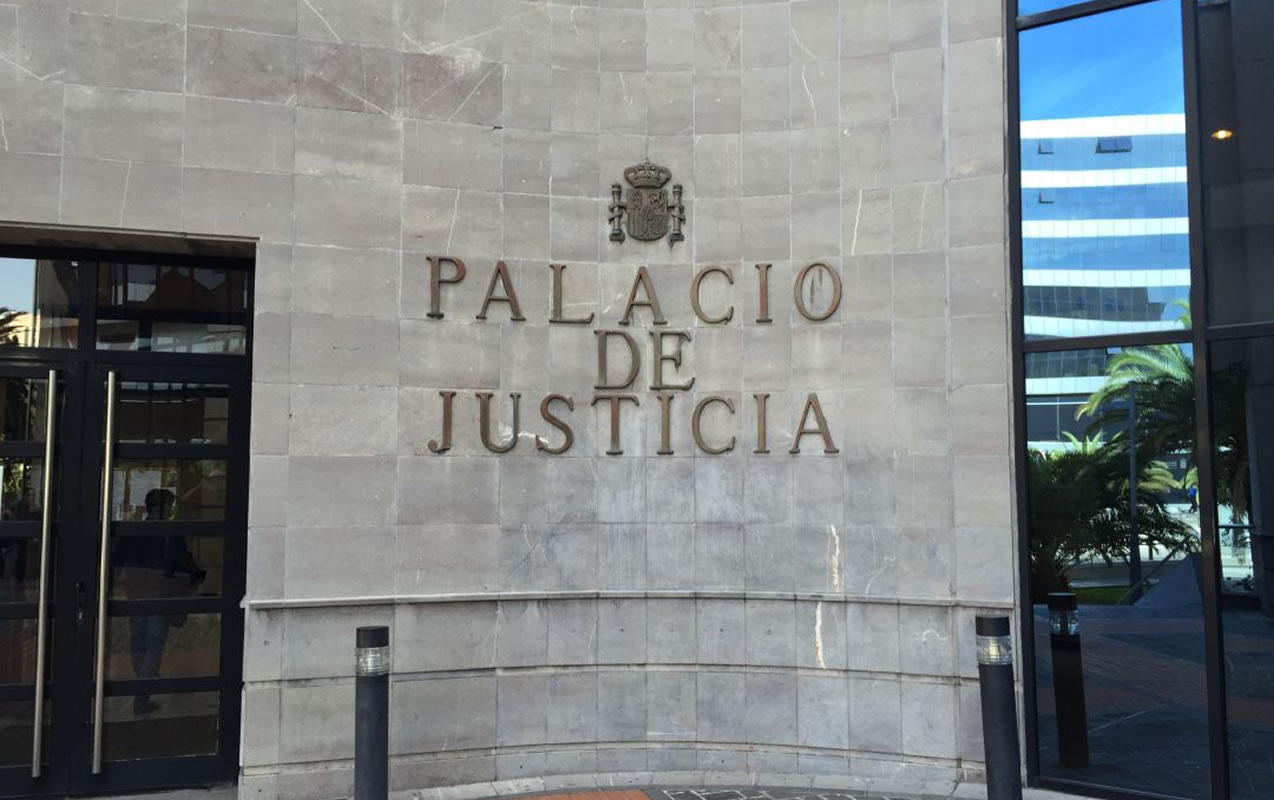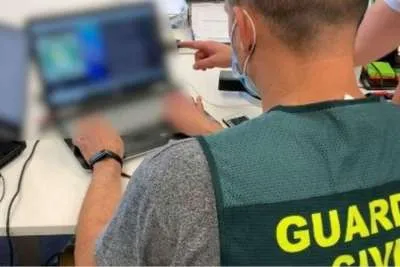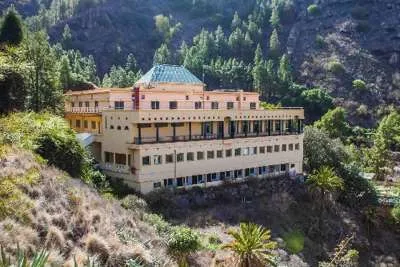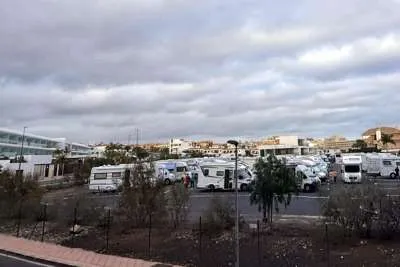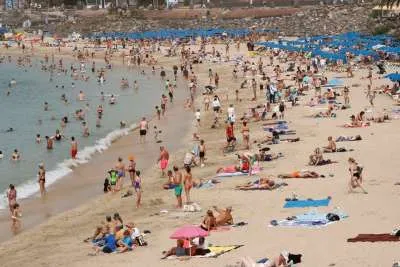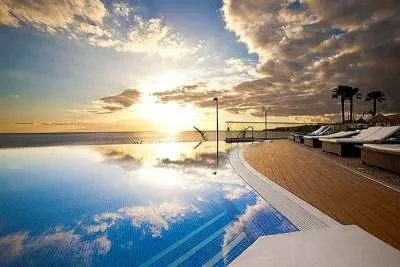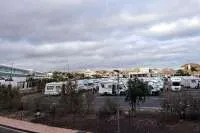The Canaries high court has until midday on Monday to endorse health measures
- 09-05-2021
- National
- Canarian Weekly
The Higher Court of Justice of the Canary Islands in Santa Cruz de Tenerife met yesterday (Saturday) in a plenary session from 11am, to respond to the request of the Canary Islands Government on whether or not the health measures against the spread of Covid-19 are endorsed after the decline of the state of alarm.
Last night at midnight the state of alarm decreed on November 9th by the Government of Spain ended, and with it the restrictive measures in relation to mobility, i.e. curfew, as well as the fundamental rights of assembly, i.e. number of people meeting.
The curfew, the perimeter closure, the limits to meetings, and capacity in places of worship, depended until now on the decree that legally protected the measures to prevent the spread of Covid-19, which is what the state of alarm enables them to do, as long as there is a genuine reason, like a health pandemic.
The Canarian Government intends to maintain certain restrictions beyond the state of alarm. Specifically, it hopes to be able to decide on the perimeter closure of the islands that are at alert levels 3 and 4, something that now does not affect any of the islands. They also want to be able to maintain curfews adapted to the four levels of the traffic light system, with which the level of risk on each island is indicated, as well as the number of people that can be gathered, and maximum capacities of places of worship.
Other measures, such as the restriction of commercial capacity, do not affect fundamental rights, so it is not necessary to have a special legal guarantee to decree them, meaning that these can still be implemented without a decree or state of alarm in place.
The procedure began on Friday, when the Canary Islands Government presented their application to the Administrative Litigation Chamber of the Superior Court of Justice of the Canary Islands (TSJC), at its headquarters in Santa Cruz de Tenerife. After that, the Public Prosecutor's Office was sent for a report, and the term for the resolution of the matter begins to run.
The Superior Court of Justice of the Canary Islands has until midday on Monday (tomorrow) to give an answer. In the event that these measures are not ratified, the Canarian Government announced that it will take the matter to the Supreme Court (TS), although the Canarian president, Ángel Víctor Torres, expressed his belief that they will receive the support of the TSJC.
In mainland Spain, however, different superior courts have already acted in different directions. Thus, that of the Basque Country opposed the measures considering that the legal system does not allow to agree on these measures outside of the state of alarm, while that of the Balearic Islands supported them.
The higher courts of the Valencian Community and Catalonia have also ruled and consider it justified to maintain the curfew or limit the meetings due to the health situation. In addition, the Superior Court of Justice of Madrid has ratified the sanitary measures to restrict mobility in five basic health areas and it remains to be seen if the one in Navarra will allow meetings to be limited to a maximum of 6 people and maintain the curfew. The rest of the communities have established capacity and schedule limitations in hotels, shops, theatres, auditoriums and museums.
Other articles that may interest you...
Trending
Most Read Articles
Featured Videos
TributoFest: Michael Buble promo 14.02.2026
- 30-01-2026
TEAs 2025 Highlights
- 17-11-2025


